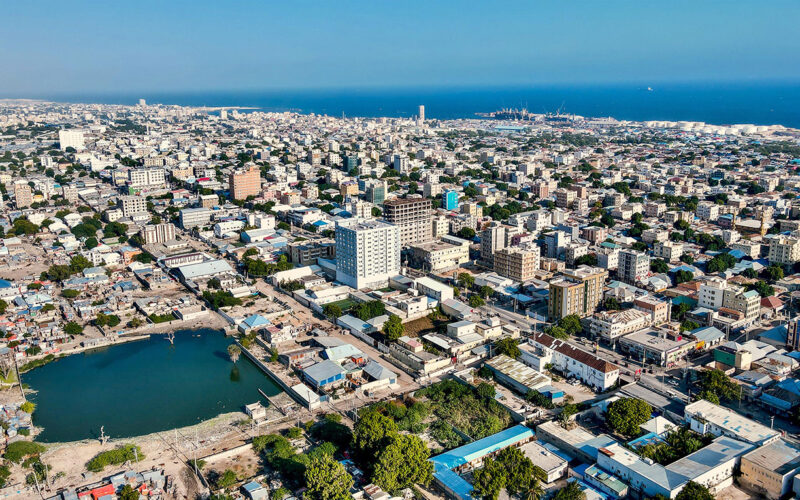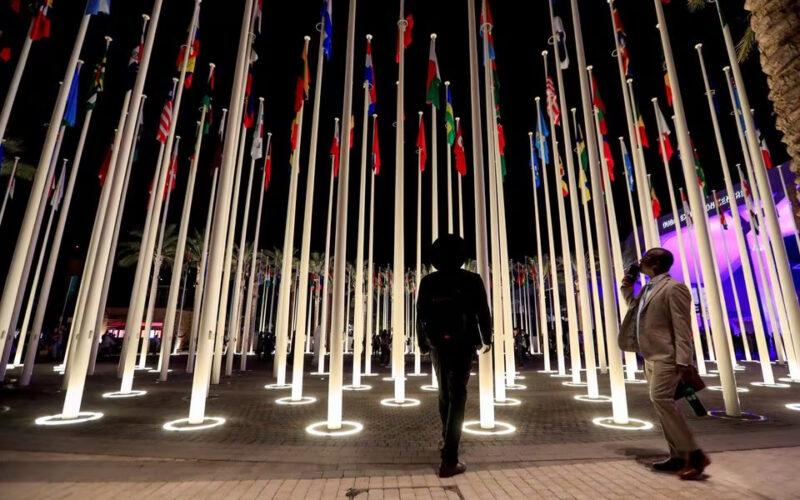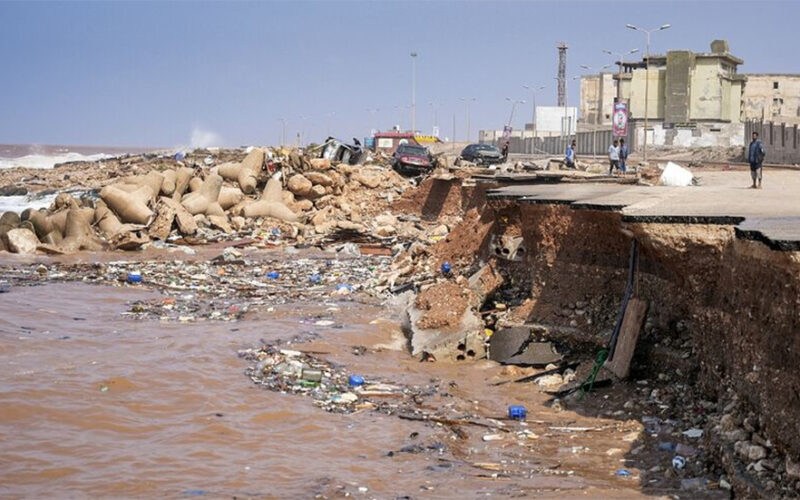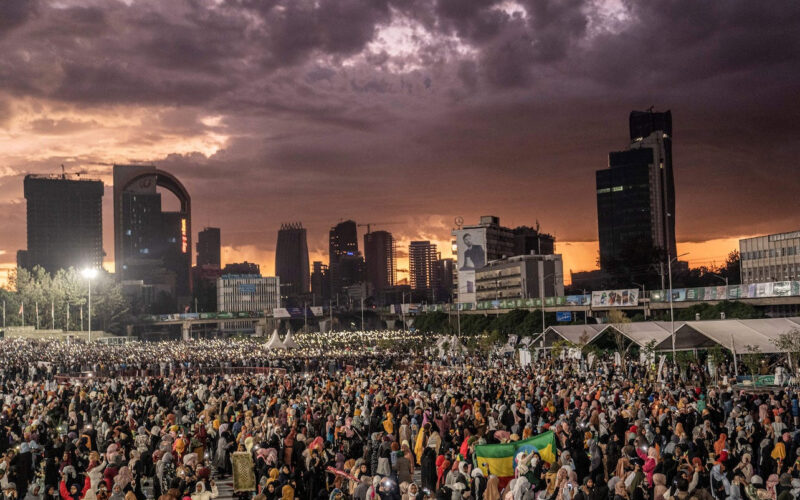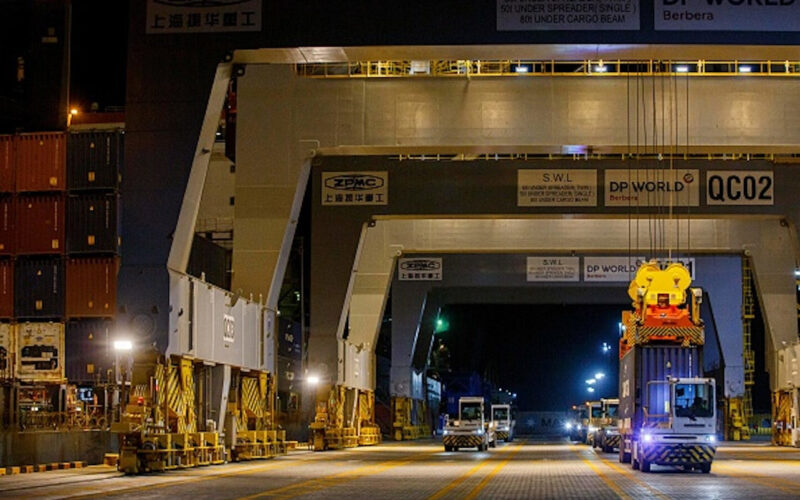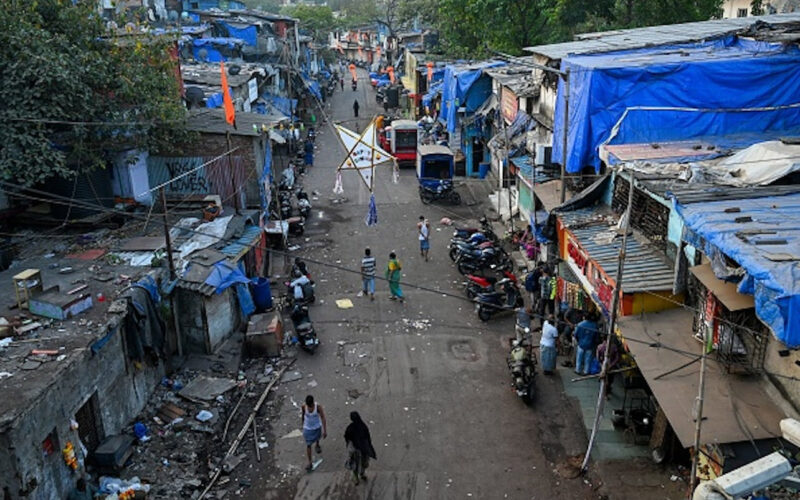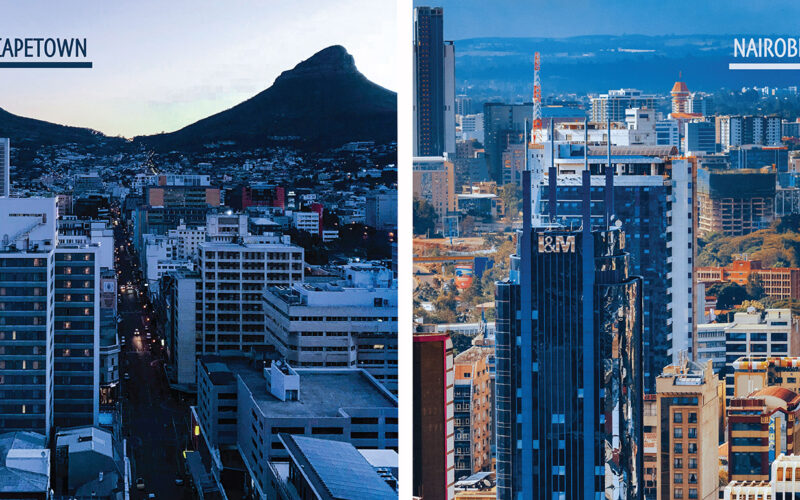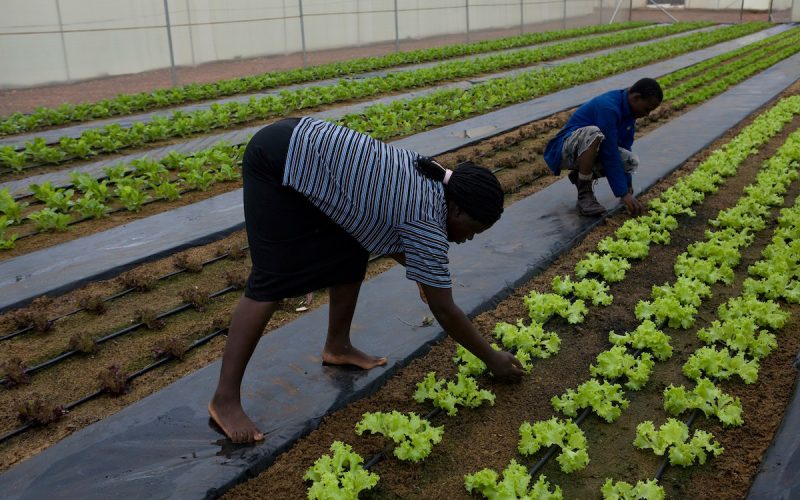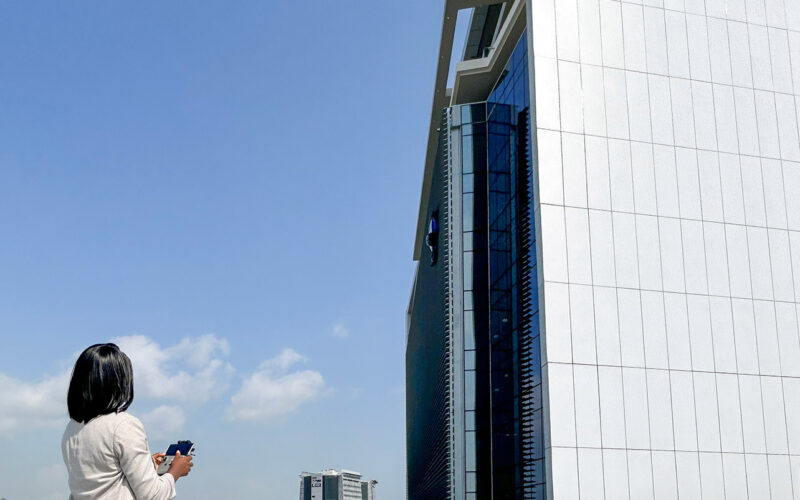
Architect building a photo library of the Lagos cityscape is also changing the narrative on how we view African architecture
WHILE commuters are trying to escape the snaking rush hour traffic backed up around the Lagos metropolis, Tolulope Sanusi is calmly setting up for work, 13 floors above the gridlock. This is Africa’s second-largest city, with an estimated population of more than 20 million people. From up on her rooftop perch, the gridlock resembles serpentine coils, choking the city. Soon, the coils will release their hold and the city will be free - at least for a few hours, before the next rush hour. Sanusi, an architecture photographer, has been commissioned to capture images of Stanbic Bank's headquarters on Victoria…


